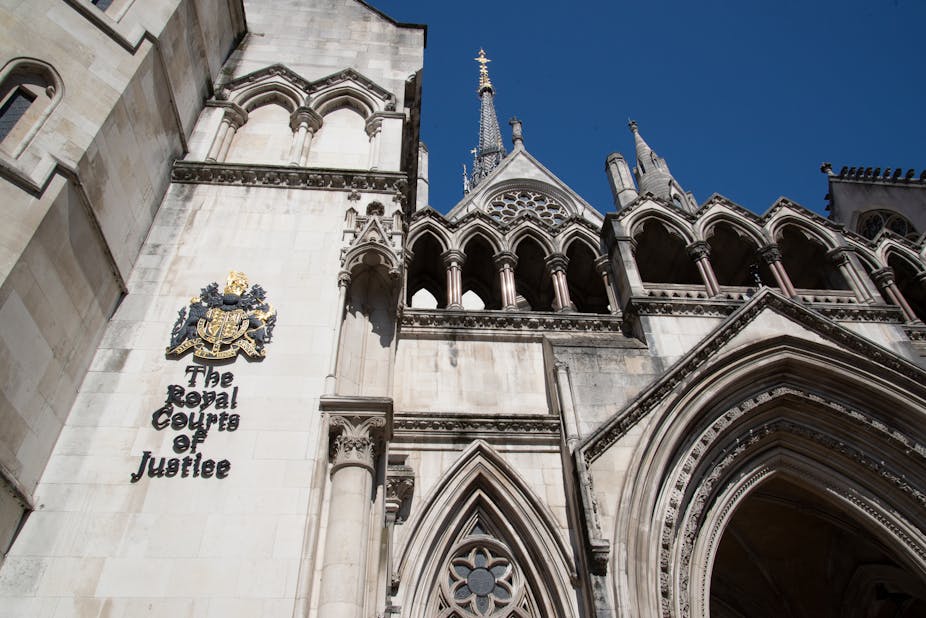As the UK’s housing crisis continues to present challenges for aspiring homeowners and renters alike, the private rented sector (PRS) is swelling to house people priced out of the property market, as well as those who historically would have been accommodated in social housing. Statistics show that the PRS grew from 2.8m households in 2007 to 4.5m in 2017 – an increase of 63%.
At the same time, alarming stories of “rogue landlords” who allow tenants to live in squalor abound. The government has established a database to keep track of landlords who fail to provide habitable properties or are convicted of serious offences, and steps are being taken to highlight poor conditions and the lack of affordable housing, and to improve the law to root out those who take advantage of the growing number of people depending on the PRS.
Yet it can be counterproductive to fall back on binary stereotypes that paint landlords as “bad” and tenants as “good”, and pit the two groups against each other. The PRS accommodates 20% of all households in England, and such stereotypes do little to ensure that the sector as a whole is capable of meeting the evident need for housing, and making up for the shortfall in public provision.
Read more: 'Greedy landlord' stereotype is not true for all in private sector – some use power responsibly
Worryingly, surveys suggest that more landlords may be exiting the sector than entering it – some citing tougher regulations as a reason for this. Recent legislation has sought to improve the sector by imposing criminal sanctions on landlords who don’t keep their properties in good repair, and in extreme cases banning landlords from letting their property out to tenants.
A varied sector
Landlords have historically been seen as a unified group that shares the same attitudes and expectations. But in reality, there are significant differences between landlords. For example, 45% of landlords in England own just one letting property – many of these do not see letting as their main job, and up to a third may be “accidental landlords”, who have gained their property and entered the PRS as a result of inheritance or relationship breakdown.
For decades, efforts have been made to professionalise the sector. Lettings agents are seen to offer a way of reaching landlords who are unable – for one reason or another – to comply with the law, without assistance. The recent legislation redoubles these efforts by imposing penalties on landlords who don’t uphold basic standards.

Yet these laudable attempts to protect tenants from harm also obscure how complex and varied the PRS is. In the long run, this could lead to a regulatory impasse – causing some landlords to exit the market – or indeed regulatory failure, if limited resources prevent authorities from properly enforcing the law. This would only entrench the animosity between landlords and tenants, to the detriment of all. And a loss of landlords could, in turn, place further pressure on the sector at a time when it performs a crucial function in meeting the nation’s need for housing.
Working together
Recently, a glimmer of hope has emerged in an unlikely context. In 2016, the UK government introduced “right to rent” provisions, requiring landlords and their agents to undertake immigration checks on existing and prospective tenants – or risk facing fines of up to £3,000 or up to five years in prison. An unlikely alliance of landlord and renter groups opposed these laws in the courts – and won.
Representative bodies of both landlords and tenants combined forces to support the judicial challenge brought by the Joint Council for the Welfare of Immigrants. In March 2019, the High Court ruled that the scheme is unlawful, on the basis that it leads to discrimination and breaches human rights. The judge who handed down the ruling also said:
It is my view that the scheme introduced by the government does not merely provide the occasion or opportunity for private landlords to discriminate but causes them to do so where otherwise they would not.
The success of this “coalition of the unwilling” (as I term it) suggests that, in given circumstances, landlords and tenants can work together to make the PRS fairer for all. Most landlords and tenants have complimentary aspirations of providing and securing accommodation, respectively. By working from this basis of consensus, mediation can overcome the divisions between tenants and landlords and find constructive ways of fulfilling their aspirations – rather than seeing them as diametrically opposed from the outset.
If the government is serious about ensuring that the PRS is in a fit state to meet the rising demand, it should be looking to develop an environment similar to mediation, where groups representing both landlords and tenants can discuss challenges and devise solutions. From environmental protection, to the regulation of the internet, there are clear precedents where regulators and those regulated work together to secure effective solutions.
By starting from a basis of shared – rather than opposing – interests, it’s possible for tenants and landlords to form an unlikely alliance, work together constructively and ensure the laws governing the PRS are fair and work for the benefit of all.

